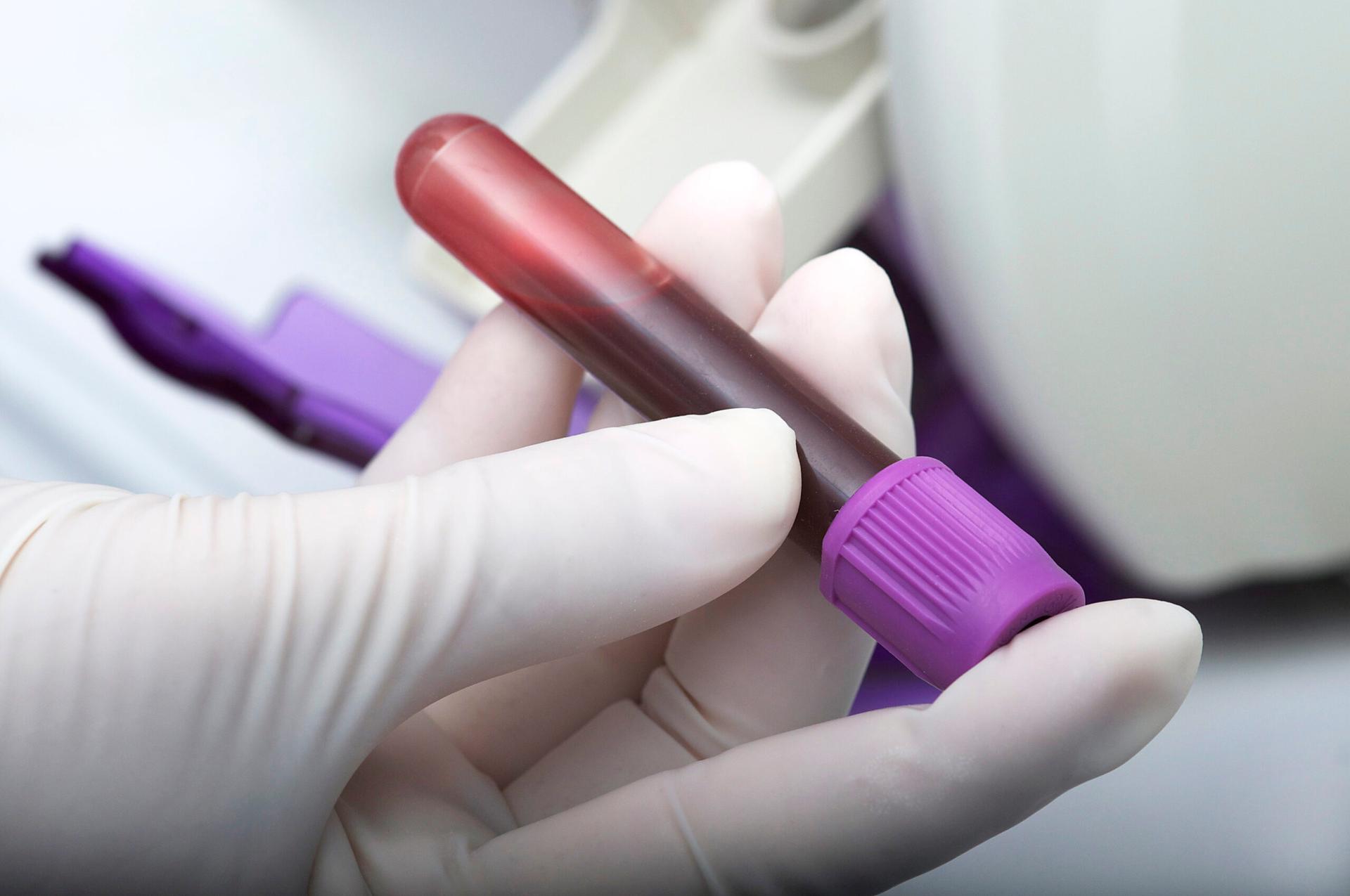Question
What are high blood pressure, high blood glucose, and high cholesterol, and how do they affect my sexual function?
Answer
High blood pressure, high blood sugar levels and high cholesterol levels in your blood are very important, and very common, risk factors for cardiovascular (heart and blood vessel) disease. All three of these factors are associated with sexual dysfunction, which in men includes erectile dysfunction, ejaculation problems (delayed ejaculation, premature ejaculation, retrograde ejaculation), and low libido (sex drive).
Blood pressure
Each time your heart beats, the heart muscle contracts so blood is squeezed out from the chambers of the heart into your arteries. In between contractions, the heart muscle relaxes and the chambers refill with blood from the veins, ready for the next contraction. The pressure of the blood against the wall of the blood vessels is what we call the blood pressure, measured in units called mmHg (millimetres of mercury).
Blood pressure is usually measured in the main artery of one arm, and there are two numbers that are reported: the systolic pressure and the diastolic pressure. The systolic pressure is the pressure when the heart muscle contracts, and the diastolic pressure is the pressure in between contractions. So, if your blood pressure is 120/80, then your systolic pressure is 120 mmHg and your diastolic pressure in 80 mmHg. A blood pressure below 120/80 is ideal. Between 120-129/80-84 is what’s considered ‘normal’.
High blood pressure
‘Hypertension’ is the medical term for high blood pressure that can cause health problems, and is diagnosed if your blood pressure is 140/90 or higher. About 1/3 of Australian men have hypertension.
Hypertension seems to increase the risk of erectile dysfunction, and some drugs used for treatment of hypertension can also affect the ability to have erections and can cause retrograde ejaculation.
Blood sugar
Our bodies need glucose to provide energy but, like most things, you can have too much or not enough. The amount of glucose in our blood changes throughout the day as we eat and move around, but it is normally regulated within a range of 4 to 7.8 mmol/L.
High blood sugar
If your blood glucose level is 7 mmol/L or more after an overnight fast, or is 11.1 mmol/L or higher at any random time of day (and you get these results when the test is repeated), you have diabetes.
Insulin (a hormone made by the pancreas) is needed for the body’s cells to take up glucose. In Type 1 diabetes, the pancreas does not produce enough insulin. In Type 2 diabetes, the body’s tissues aren’t sensitive enough to insulin. For both types, blood sugar levels are high.
Diabetes increases the risk of erectile dysfunction (by damaging the blood vessels and nerves to the penis), low libido (by reducing testosterone levels) retrograde ejaculation (from nerve damage), and probably premature and delayed ejaculation.
Cholesterol
Cholesterol is a fatty molecule that is needed for normal body function. Our liver makes cholesterol and we get some from our diet.
Cholesterol is transported in our blood in particles called low-density lipoprotein (LDL) or high-density lipoprotein (HDL). LDL transports cholesterol to the cells and tissues of the body, whereas HDL carries cholesterol from the tissue to the liver. Often, LDL is called ‘bad cholesterol’ and HDL is called ‘good cholesterol’.
If the level of cholesterol in your blood is high, or the levels of HDL and LDL are out of balance, cholesterol can build up in the walls of your blood vessels. This can cause narrowing or blockage of the vessels, which lowers or completely stops blood flow, or the build-up can break away from the wall of the blood vessel and cause blockage of other blood vessels.
A healthy level of cholesterol in the blood depends on age, sex, ancestry, whether you smoke, and your blood pressure. As a guide, a normal level of all the cholesterol in the blood, in someone with no risk factors for cardiovascular disease, is less than 5.5 mmol/L. People at high risk of cardiovascular disease (e.g. due to age or ancestry) should have levels quite a bit lower. Levels of LDL in the blood should be under 2 mmol/L in people without other risk factors, or under 1.8 mmol/L in people at high risk. HDL levels should be over 1 mmol/L.
High blood cholesterol
High total cholesterol levels and low HDL levels in the blood are associated with the development of erectile dysfunction. Effects of blood cholesterol levels on ejaculation problems and libido are not well established.
Sexual dysfunction and general health
Sexual function is a fairly good indicator of your health and wellbeing. There are lots of treatments for sexual dysfunction so there’s no need to just live with it, and finding out the cause of the problem could save your life. If you’ve noticed changes in any aspect of your sex life you should make an appointment with your doctor to make sure it’s not a symptom of anything serious.












